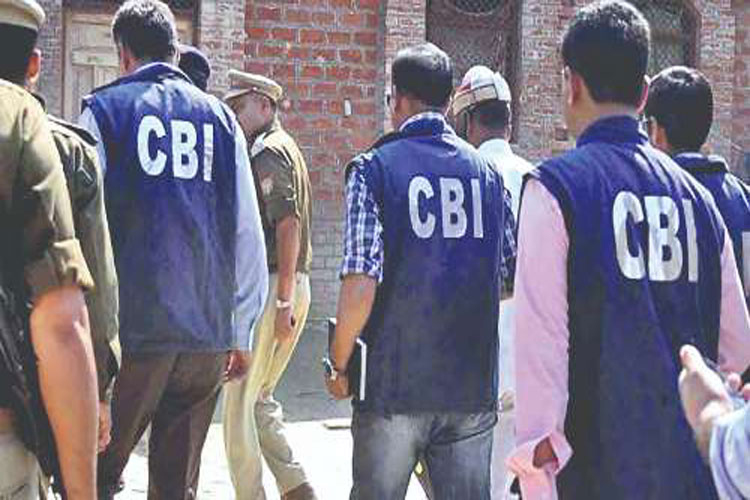Description

Copyright infringement is not intended
Context: Calcutta HC orders CBI probe into Bogtui killings
Details
- Calcutta High Court ordered the Central Bureau of Investigation (CBI) to investigate the killings in Bogtui village of West Bengal’s Birbhum district, where eight persons were burnt alive after the murder of a Panchayat leader.
About Central Bureau of Investigation (CBI)
- The Central Bureau of Investigation (CBI) was set up in 1963 by a resolution of the Ministry of Home Affairs. Later, it was transferred to the Ministry of Personnel.
- The Special Police Establishment setup in 1941 was also merged with the CBI.
- The establishment of the CBI was recommended by the Santhanam Committee on Prevention of Corruption (1962–1964).
- The CBI is not a statutory body. It derives its powers from the Delhi Special Police Establishment Act, 1946.
- The CBI is the main investigating agency of the Central Government. It plays an important role in the prevention of corruption and maintaining integrity in administration.
- It also provides assistance to the Central Vigilance Commission and Lokpal.
- The CBI investigates crime of corruption, economic offences and serious and organized crime other than terrorism.
- For Terrorism: The National Investigation Agency (NIA) has been constituted after the Mumbai terror attack in 2008 mainly for investigation of incidents of terrorist attacks, funding of terrorism and other terror related crime.
- CBI is headed by a Director. He is assisted by a special director or an additional director.
- The Central Government appoints the Director of CBI on the recommendation of a three-member committee consisting of the Prime Minister as Chairperson, the Leader of Opposition in the Lok Sabha and the Chief Justice of India or Judge of the Supreme Court nominated by him.
Cases investigated by the CBI
- Anti-Corruption Crimes - Investigate cases under the Prevention of Corruption Act against Public officials and the employees of Central Government, Public Sector Undertakings, Corporations or Bodies owned or controlled by the Government of India.
- Economic Crimes - Investigate major financial scams and serious economic frauds, including crimes relating to Fake Indian Currency Notes, Bank Frauds and Cyber Crime, Smuggling of narcotics, antiques, cultural property and smuggling etc.
- Special Crimes - Investigate serious and organised crime under the Indian Penal Code and other laws on the requests of State Governments or on the orders of the Supreme Court and High Courts.
- Suo Moto Cases - CBI can suo-moto take up investigation of offences only in the Union Territories.
- The Central Government can authorise CBI to investigate a crime in a State but only with the consent of the concerned State Government.
- The Supreme Court and High Courts, however, can order CBI to investigate a crime anywhere in the country without the consent of the State.
Concern
- The Supreme Court of India has criticised the CBI by calling it a "caged parrot speaking in its master's voice", due to excessive political interference in it’s functioning.
- It has often been used by the government of the day to cover up wrongdoing, keep coalition allies in line and political opponents at bay.
- It has been accused of enormous delays in concluding investigations.
- Lack of Accountability: CBI is exempted from the provisions of the Right to Information Act.
- Shortage of personnel
- Limited Powers: The powers and jurisdiction of members of the CBI for investigation are subject to the consent of the State Govt., thus limiting the extent of investigation by the CBI.
Way Forward
- Improving the image of the agency is one of the biggest challenges till now as the agency has been criticised for its mismanagement of several cases involving prominent politicians and mishandling of several sensitive cases like Bofors scandal; Hawala scandal, Bhopal gas tragedy, 2008 Aarushi Talwar murder case.
- Delink the CBI from the administrative control of the government, as long as the government of the day has the power to transfer and post officials of its choice in the CBI, the investigating agency will not enjoy autonomy and will be unable to investigate cases freely.
- Providing statutory status through legislation equivalent to that provided to the Comptroller and Auditor General and the Election Commission will help maintain the independence of the institution.
https://indianexpress.com/article/explained/explained-how-the-cbi-investigates-birbhum-bengal-killings-7836684/








